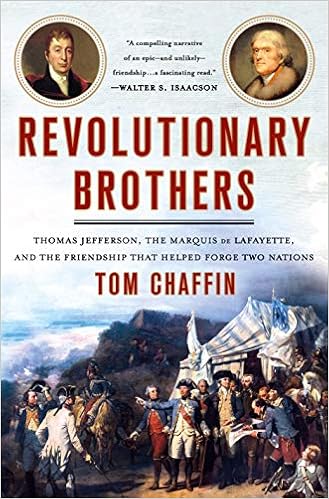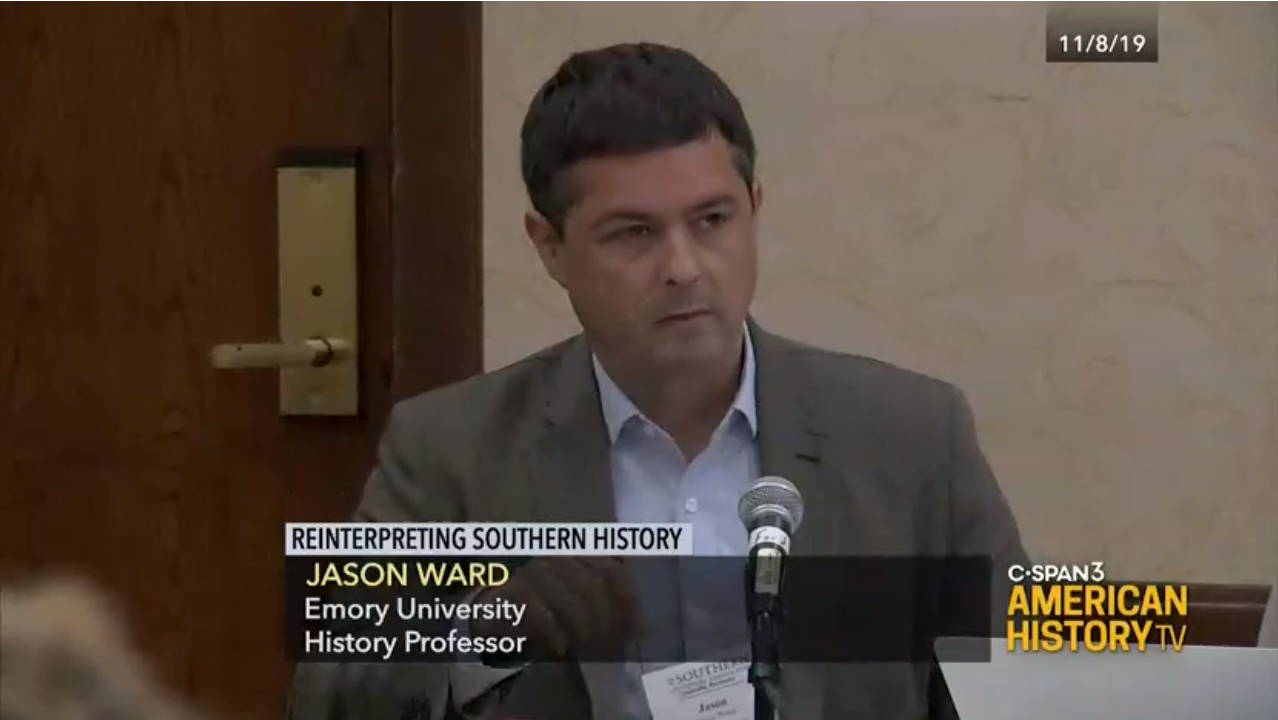Dr. Sharon T. Strocchia, Professor of History, recently published Forgotten Healers: Women and the Pursuit of Health in Late Renaissance Italy with Harvard University Press. Sandra Cavallo (Royal Holloway, University of London) describes the study as a “remarkable book with fresh perspectives that significantly advance our understanding of the distinctive ways of learning and knowing that characterized the early modern age.” Below, Dr. Strocchia offers a glimpse into the making of the monograph as a part of the History Department’s series on new faculty publications.
Books are produced over years if not decades. Give us a sense of the lifespan of this book, from initial idea to final edits.
The idea for this project first took flight in the summer of 2009, when I participated in the NEH Summer Seminar for College Teachers, “Disease in the Middle Ages,” hosted by the Wellcome Library in London. Venturing into the seminar with no training in medical history was a daunting but transformative experience. After five weeks of intensive reading and discussion about disease, disability, illness, healing, care, and the premodern body, I was convinced that the bits and pieces of archival evidence I had been amassing over the years had the potential to become a book. Every summer for the next seven or eight years, I immersed myself in Italian archives and libraries pursuing leads, building up crucial pockets of evidence, and refocusing chapters to capitalize on available sources. During the academic year, I read and wrote as much as possible as a way to make sense of new material and prepare myself for the next archive trip. Along the way, I was fortunate enough to receive several grants that provided release time from regular teaching duties. Securing the right images for the book added a couple of months to the timeline, but the delay was worth it. Books tend to have a life of their own, and this one needed a long gestation. But I can honestly say that I loved every minute of it.
What was the research process like?
Scholars who work in Italian Renaissance studies tend to be deeply grounded in the archives. That’s because sixteenth-century Italians were such avid record-keepers; their penchant for writing means that Italian archives today are unparalleled laboratories for understanding the early modern past. I worked in eleven different archives scattered between Rome and London in order to excavate the many ways in which urban women anchored a wider medical economy in late Renaissance Italy. Still, it was a challenge to integrate women’s health literacy and healthcare activities into a broader medical narrative because of the fragmentary nature of the evidence and the pronounced silences about everyday arrangements such as care work. But trying to conceptualize this diffuse body of evidence presented an even greater challenge. I wanted to understand the continuum of healing skills and knowledge that women produced and circulated experientially, rather than study the development of academic medicine in universities, from which women were excluded. I also had to move beyond a focus on official titles and occupational identities, which has led scholars to both undercount and undervalue the healthcare services Renaissance women provided to household and community. In other words, this book is not only the product of painstaking work in archives and obscure print materials; I first had to redefine what “counted” as medical work.
Are you partial to a particular chapter or section?
Even though I like the three-dimensional picture painted by the book as a whole, I’m especially partial to the two linked chapters devoted to Florentine nun apothecaries as knowledge makers and commercial innovators. I was able to show that nuns living in female religious communities were among the most prominent medical vendors of their day. By making and marketing medicines to the public, they both augmented the medical resources available in Italian urban society and acquired roles of public significance beyond the spiritual realm. Learning their craft through apprenticeship, nun apothecaries worked at the nexus of market and laboratory as both medical artisans and entrepreneurs. These were women with skilled hands and inquiring minds who kept abreast of new technologies and market trends through wide-ranging information networks, medical reading, and hands-on experimentation. To write these chapters, I had to learn a lot about the materiality of making medicines in the sixteenth century: the spaces, materials, and distinctive tools and technologies used in producing remedies on a commercial scale. I also enjoyed the challenge of piecing together the biographies of several fascinating women who became deeply immersed in both Renaissance commercial culture and the culture of experimentation, which we commonly associate with the “scientific revolution.” It was just thrilling to be able to demonstrate so concretely that women have had a long history in medicine, science, and technology.
How does this project align with your broad research agenda?
I’ve been working at the intersection of gender, medicine, religion, and visual culture in the early modern period for a long time, so this book embodies a lifetime of intellectual interests. But I couldn’t have embarked on this project without having first delved deeply into the nature and significance of Renaissance convents, which was the subject of my previous book and many articles. In turn, Forgotten Healers acts as the launch pad for my next project, which explores the medical marketplace in late Renaissance Italy. That new work-in-progress looks at the process of patenting medicines in the sixteenth century, which frequently involved small-scale drug trials on human subjects, as well as innovations in consumer culture such as medical advertising and the development of brand names. Despite their association with the modern era, these practices had a much longer history that has yet to be written. Stay tuned!


